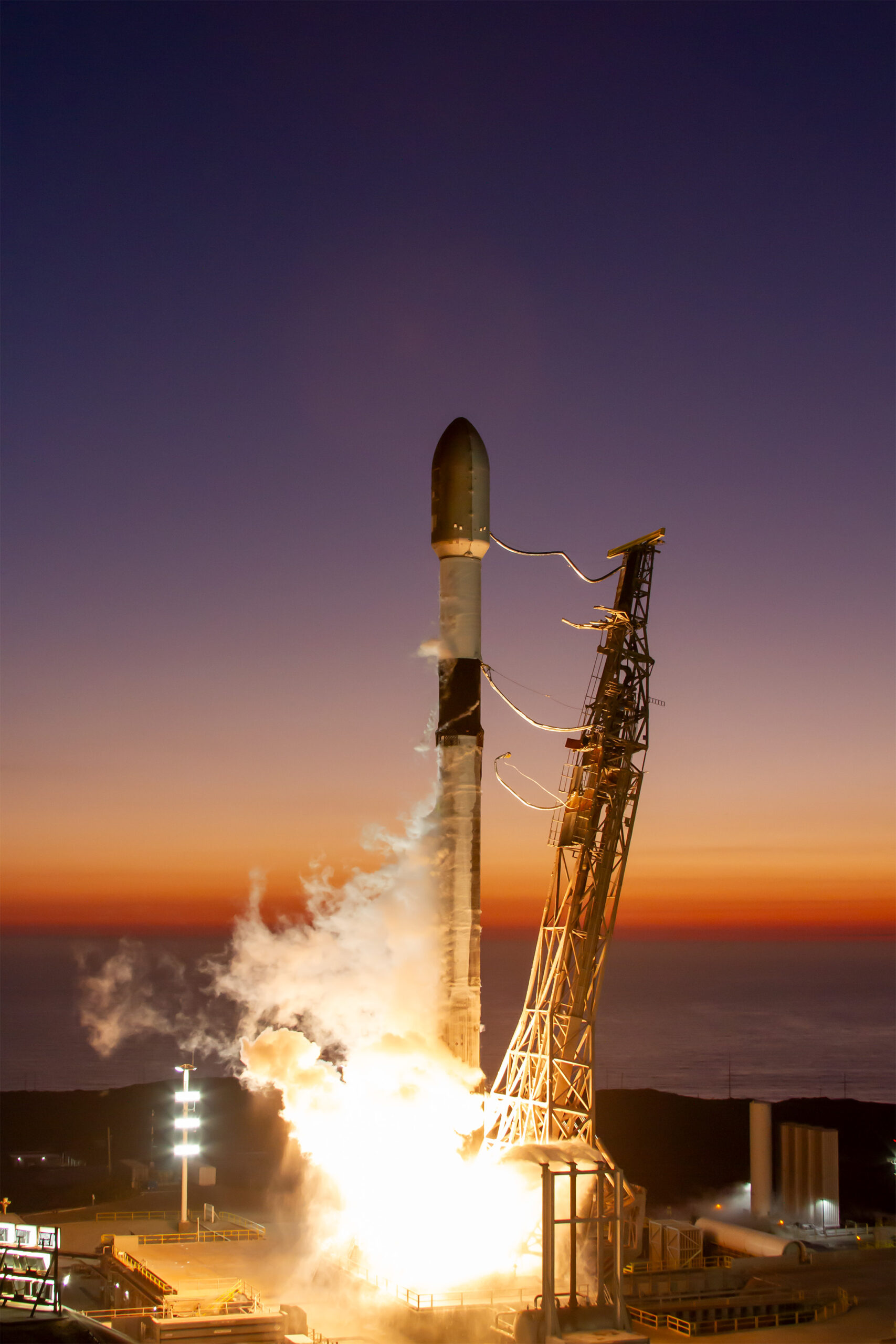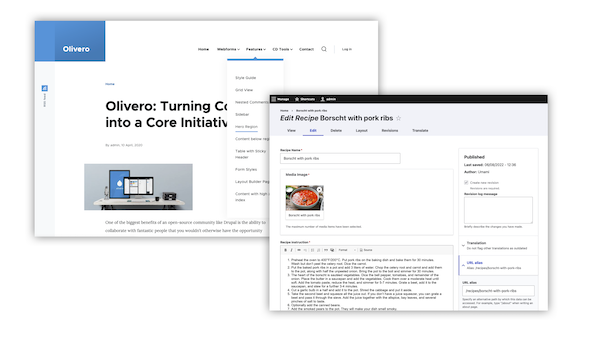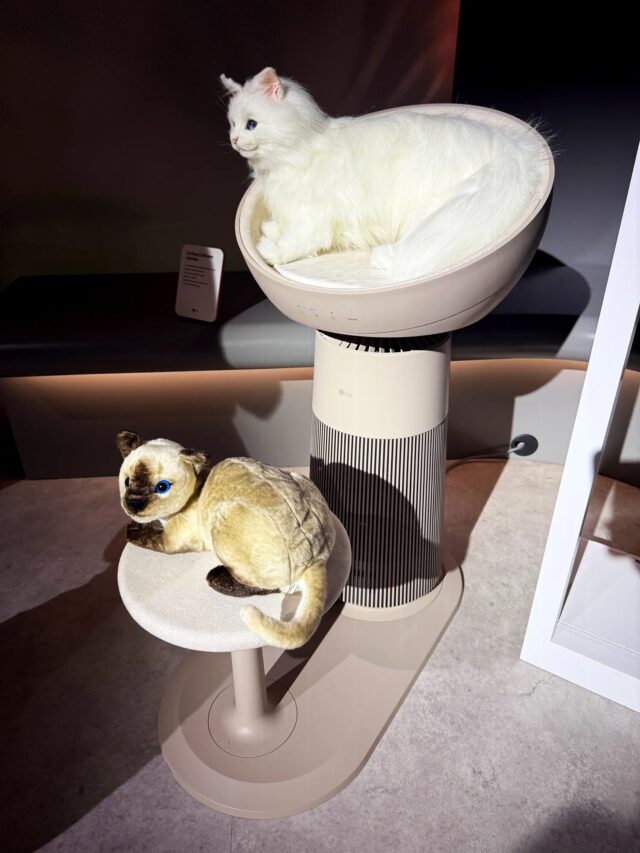SpaceX prevails over ULA, wins military launch contracts worth $733 million

These missions require medium-lift rockets, or smaller rockets capable of a high-rate launch cadence to match the capability of a larger launch vehicle. In June, the Space Force selected SpaceX, ULA, and Blue Origin, Jeff Bezos’s space company, to compete for Lane 1 launch task orders.
Military officials will add more companies to the pool of available Lane 1 launch providers as they mature their rockets. These companies may include Rocket Lab, Firefly Aerospace, Relativity Space, Stoke Space, and others.
While Blue Origin is on the Space Force’s list of available launch providers, the company’s New Glenn rocket was not eligible for the contracts announced Friday. That’s because military officials require a rocket to complete at least one successful orbital launch to become qualified for a Lane 1 task order. New Glenn’s first test flight is scheduled some time later this year.
This rule left SpaceX’s Falcon 9 and ULA’s Vulcan rockets as the only launch vehicles eligible for the task orders, setting up a head-to-head competition between the rival rocket companies. SpaceX prevailed, winning all eight Lane 1 missions up for competition this year.
Lane 2 of the Space Force’s National Security Space Launch program covers more challenging military missions, typically larger, more expensive payloads destined for higher orbits. The Space Force is expected to soon select launch providers for Lane 2 missions. These launches will require the Space Force to certify the rockets, whereas the military is comfortable accepting a little more risk for the Lane 1 missions.
SpaceX’s Falcon 9 and Falcon Heavy are currently certified for national security launches, and the Space Force is in the process of certifying ULA’s Vulcan launcher after two successful test flights. The Space Force and Blue Origin also have a certification plan for the New Glenn rocket, but it must first complete multiple successful test flights.


